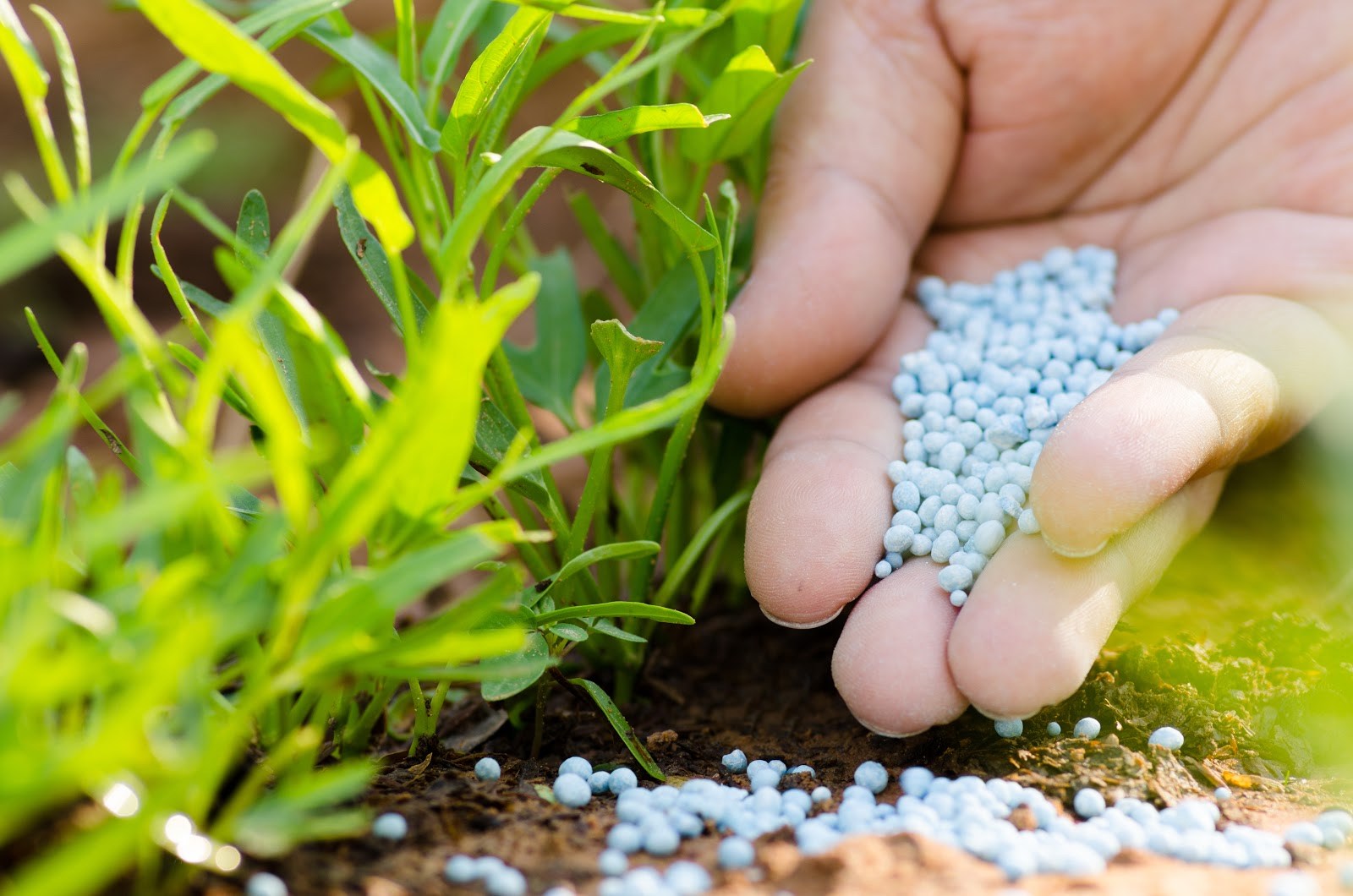How To Export Nitrogenous Fertilizers From Nigeria: The Complete Guide
How to Export Nitrogenous Fertilizers from Nigeria: The Complete Guide
Exporting nitrogenous fertilizers from Nigeria can be a lucrative business, given the country’s abundant resources and growing global demand for agricultural inputs. This guide provides a step-by-step approach to successfully exporting nitrogenous fertilizers from Nigeria. For high-quality fertilizers, visit Wigmore Wholesale.
Step-by-Step Guide to Exporting Nitrogenous Fertilizers
1. Understand Regulatory Requirements
Overview: Compliance with Nigerian export regulations and international standards is crucial.
Key Points:
- Export License: Obtain an export license from the Nigerian Export Promotion Council (NEPC).
- Product Certification: Ensure that the fertilizers meet the standards set by relevant authorities, such as the Standards Organisation of Nigeria (SON).
- Customs Documentation: Prepare necessary documents like the Bill of Lading, Commercial Invoice, Packing List, and Certificate of Origin.
Resources:
2. Market Research and Target Countries
Overview: Identify potential markets and understand their requirements.
Key Points:
- Market Analysis: Research countries with high demand for nitrogenous fertilizers.
- Regulations: Understand the import regulations of target countries to ensure compliance.
- Competitor Analysis: Study competitors in the target markets to identify opportunities and threats.
Resources:
3. Sourcing High-Quality Fertilizers
Overview: Ensure that the fertilizers you intend to export are of high quality.
Key Points:
- Supplier Verification: Verify the credibility of your suppliers and ensure they provide high-quality fertilizers.
- Quality Control: Implement quality control measures to maintain the standards of the fertilizers.
Source: Wigmore Wholesale – Fertilizers
4. Logistics and Shipping
Overview: Efficient logistics and shipping arrangements are crucial for timely delivery.
Key Points:
- Freight Forwarder: Engage a reliable freight forwarding company experienced in handling fertilizers.
- Shipping Methods: Choose the appropriate shipping method (sea or air) based on cost, volume, and urgency.
- Insurance: Insure your shipment to cover potential risks during transit.
Resources:
5. Customs Clearance and Documentation
Overview: Smooth customs clearance is essential to avoid delays.
Key Points:
- Documentation: Prepare and submit all necessary customs documents, including the Bill of Lading, Commercial Invoice, and Certificate of Origin.
- Duties and Taxes: Ensure all duties and taxes are calculated and paid.
- Customs Broker: Consider hiring a customs broker to facilitate the clearance process.
Resources:
Tips for Successful Exportation
- Stay Informed: Keep updated with changes in export regulations and market trends.
- Build Relationships: Establish strong relationships with suppliers, freight forwarders, and buyers.
- Monitor Quality: Continuously monitor and maintain the quality of your products to meet international standards.
- Effective Marketing: Utilize online platforms and trade shows to market your fertilizers effectively.
- Customer Support: Provide excellent customer support to build trust and repeat business.
Conclusion
Exporting nitrogenous fertilizers from Nigeria involves understanding regulatory requirements, conducting market research, sourcing quality products, and managing logistics efficiently. By following this comprehensive guide and leveraging resources like Wigmore Wholesale, you can ensure a successful and profitable export business.








LEAVE A COMMENT
You must be logged in to post a comment.